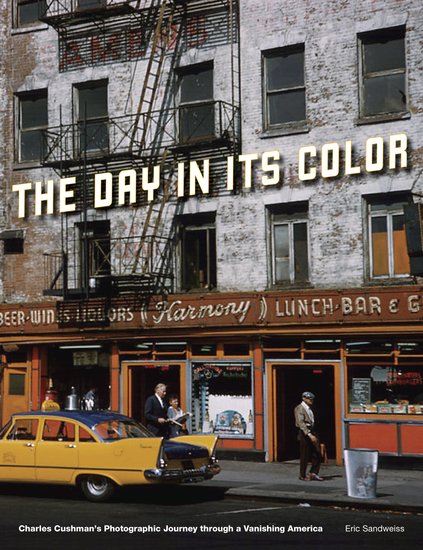Romney’s double score in Arizona and Michigan
By Elvin Lim
Mitt Romney had an ok Tuesday night, no better or worse than the ones he’s had so far. But it is still a story because Romney needed his wins in Arizona and especially Michigan. No news is great news for a campaign’s whose raison d’être has consistently been “take whoever is the anti-Romney candidate down.”












